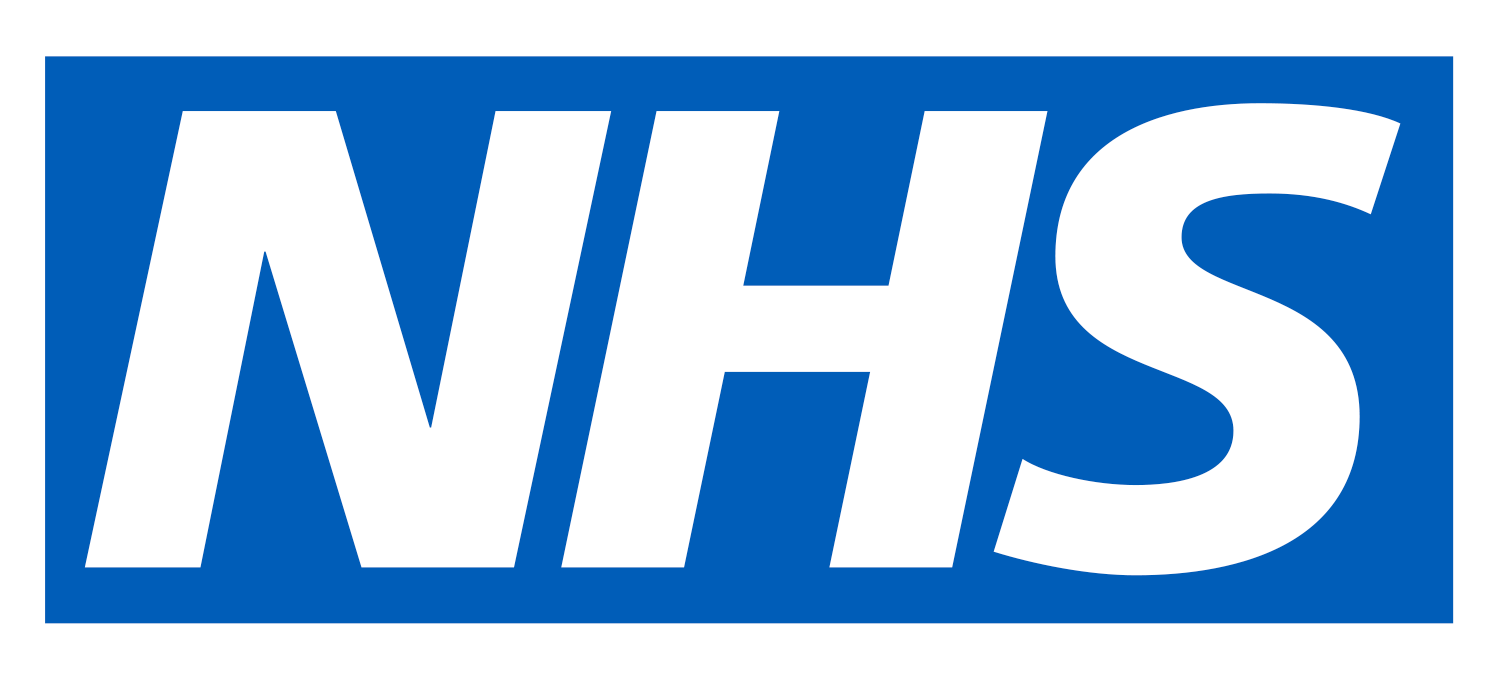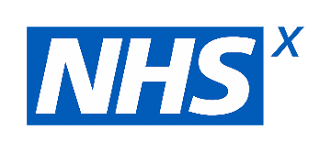Patient Perspective
How will Patient Data be Used?
The data type: The data is from NHS OCT scans, dating back 10 years. The vast majority will be anonymised OCT scans alone, but for a subset of Parkinson’s patients and matched controls, it will also link to their other existing conditions and demographic factors e.g age, sex and ethnicity, so that the tool can distinguish between healthy and Parkinson’s patients. We also use data from the UK Biobank, a unique biomedical database and research resource containing in-depth genetic and health information from half a million UK volunteers.
Anonymisation: Researchers will not have access to any participant names as the data will be anonymised before it leaves the secure NHS system. No identifiable data leaves the NHS firewalls.
Consent: Due to the vastness of the data (thousands to potentially millions of scans) and because it is retrospective, it is not feasible to contact each patient and gain consent. This use of data has been approved by the NHS Research Ethics Committee. The project is however in partnership with the NHS and clinical staff within Newcastle hospitals such as neurologists and ophthalmologists.
Uses: The data will be fed into AI, and through deep machine learning, we aim to first teach the AI the characteristics associated with a Parkinson’s diagnosis, and then investigate whether the AI can detect very early signs of these even before a diagnosis has been made. If the tool is successful, it might be able to generate a probability of developing Parkinson’s. This would of course need to be tested for its accuracy during later longitudinal studies. If successful, the tool can be expanded to assist in diagnosing other neurodegenerative disorders such as Alzheimer’s.
Benefits to society: Reduces dependence on the limited number of human experts trained to interpret OCT scans. This means it can be applied on a mass scale, potentially being offered as part of a routine eye test. The tool itself would not make a diagnosis, but it could streamline the referral process to a neurologist. This means neurodegenerative disorders could be detected and diagnosed sooner, and perhaps medication could be started, or lifestyle changes could be made, earlier in the disease process where they have the greatest effect. It is important to note that at present, there are no medication or lifestyle changes that reliably slow the progression of Parkinson’s, although they can be effective for many individuals. However, this situation is expected to change in future.
Sharing the data: No NHS data will ever be shared with commercial/ private companies. With the appropriate NHS ethical and governance permissions, it might be re-used within the University to assist with research into ophthalmological or other neurodegenerative disorders, and it might also be shared with other initiatives within UK academia, e.g. the INSIGHT hub for eye health run by Health Data Research UK. Our work is supported by the UK taxpayer via the National Institute for Health Research.
Success of the tool: As this research project is in its early stages, we cannot be certain whether the project will be successful in developing a tool with sufficient accuracy to be used in healthcare. Even if it is not, what we learn from the attempt will almost certainly be useful to researchers in this field, and help us understand more about what is needed to succeed.




